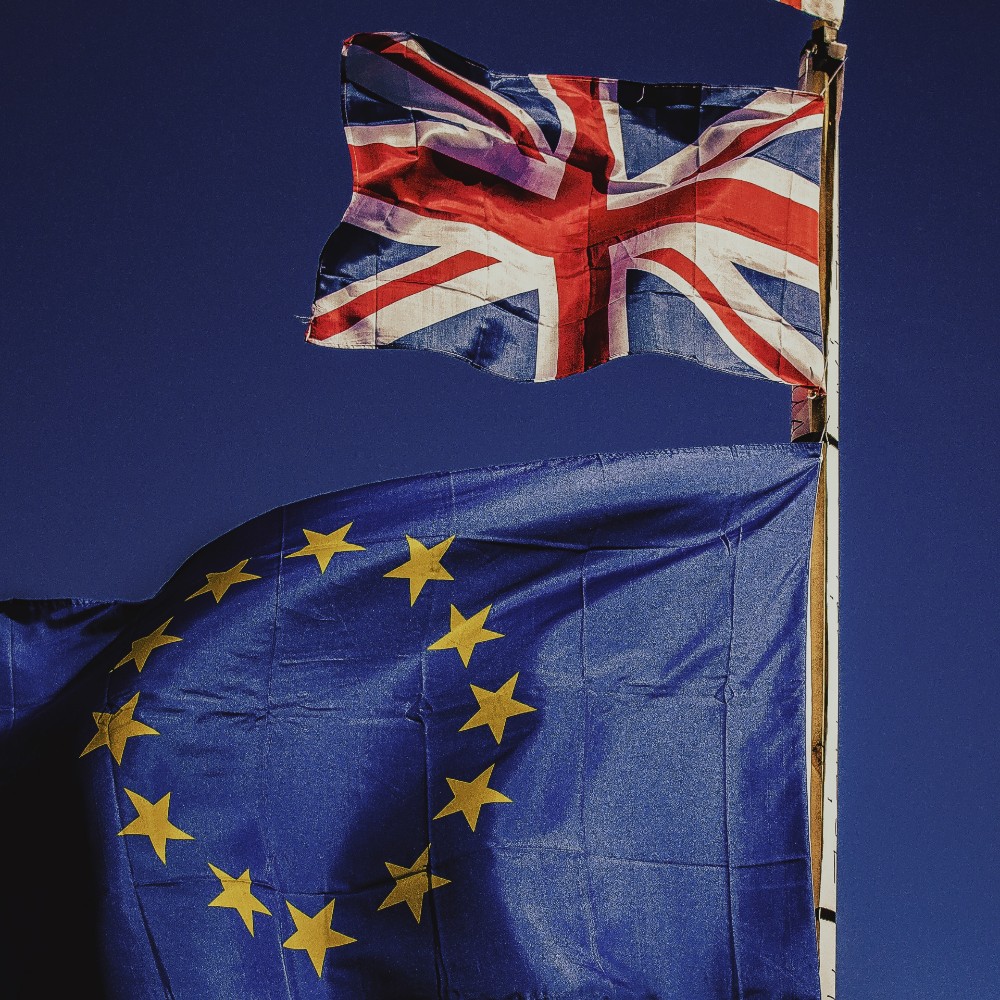Chief among the many reasons why the UK opted to divorce the EU a.k.a. Brexit, was regulatory sovereignty. On January 31, 2020, the UK officially signed Brexit into law. This was approved by the House of Commons, the House of Lords, and the Queen. The UK wants desperately to put an end to EU regulatory compliance. The Chancellor of the Exchequer, Sajid Javid boldly declared that the UK will no longer be taking rules from other countries and regulatory institutions. The UK wishes to chart its own course in this department.
Such ambitious objectives may be lost in day to day dealings which require mutual compliance with internationally-established norms, procedures, and protocols. While the UK may certainly wish to maintain sovereignty over its citizens, trade, borders, and policies, this is easier said than done. Dozens of British industries, including telecom, pharmaceuticals, financial services, food manufacturing, automobiles, chemicals, and aerospace supply their products and services to the EU. In fact, the trade arrangements currently in place indicate that as much as 50% of UK exports in these and other industries are to the EU.
From a revenue perspective alone, UK enterprise can ill afford to neglect EU standards, regulations, and requirements simply to uphold the desire for British regulatory sovereignty. Such is the significance of the buying power of the EU markets, that individual countries are hard-pressed to buck the trend and try to impose their own requirements, for fear of losing out on this lucrative trading arena.
Companies understand all too well that non-compliance comes at a terrible cost. The EU standard is considered by most global enterprises as the strictest regulatory framework. Catering to the EU market is important since this market facilitates economies of scale. The EU has advocated for, and regulated sweeping changes vis-à-vis privacy controls, hate speech, content management and the like.

Whether US, UK, Asian, or other companies like it or not, the EU standard takes priority. We have seen major multinational corporations like the tech giants of Silicon Valley (Google, Facebook, Twitter, YouTube, Microsoft) now deferring to EU standards by complying with requirements. EU safety standards are now being adopted by UK and US companies, irrespective of their desire to chart their own course. For example, a major US farm cooperative now eschews the purchase of genetically modified foods. For UK companies, the financial pathway is clear: comply with EU directives and enjoy unfettered access to the world’s most desirable trading market.
Many top-tier financial companies like the trading platform Plus500, already boast global operations and this guards against downside Brexit risks. Telecom and pharma companies like Vodafone Group, GlaxoSmithKline, and scores of others also have operations in the EU, or are in the process of on boarding with EU directives. This global diversification strategy can serve as a hedge against ‘passporting’ risks faced by broken alliances between the EU and the UK.
The EU Remains a Powerful and Influential Authority in Global Trade
The European Union is capable of shaping global behavior by dint of its sheer size alone. The power, influence, and authority wielded by European institutions such as the ECJ (European Court of Justice), the EU (European Union) and the ECB (European Central Bank) is second to none. British companies want to remain competitive, and they understand these exigencies. High-level officials understand that the ‘Brexit Exit’ is not necessarily indicative of an Exit from EU Regulations and Standards.
The two concepts are mutually exclusive. The UK cannot summarily ignore EU standards if it wishes to remain a trading partner of this bloc. For example, vehicle safety standards, emissions standards, and production standards. Even other countries outside of the EU comply with EU directives, making it difficult for the UK to simply do its own thing and hope to maintain trading partnerships with the Europeans.
Any future trade deals between the UK and the EU will require painstaking effort on both sides. The European Union is a market comprising 450 million people, and the chief negotiator for the EU, Michel Barnier has stressed that any new trade agreement between the UK and the EU must be ‘committed to preventing unfair competition’. The UK for its part is also looking to build significant trade ties with the United States. This has the European Union up in arms, vis-à-vis the food and safety standards.
The concerns it appears, relates to the prospect of the UK and EU becoming competitors in the trading arena. Both sides are seeking to hold firm to their positions, playing to their base by providing them with the red meat they want in the negotiations. What is clear throughout, is that much work needs to be done. Neither Britain nor the EU can easily extricate themselves from decades-old partnerships in the economic, political, social, and regulatory spheres. There is a definite degree of Brexit Fatigue on both sides, and this will only worsen as the issue drags on, ad infinitum.

